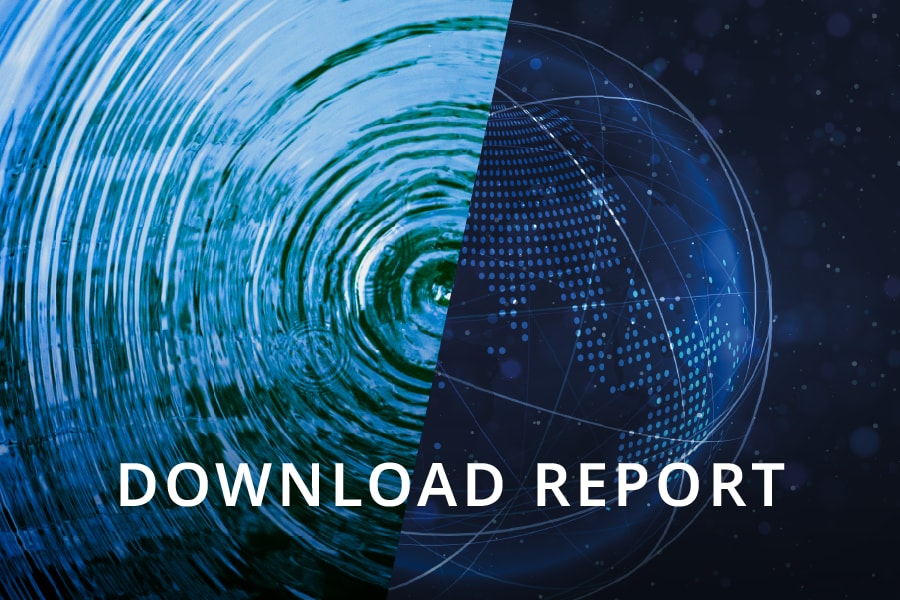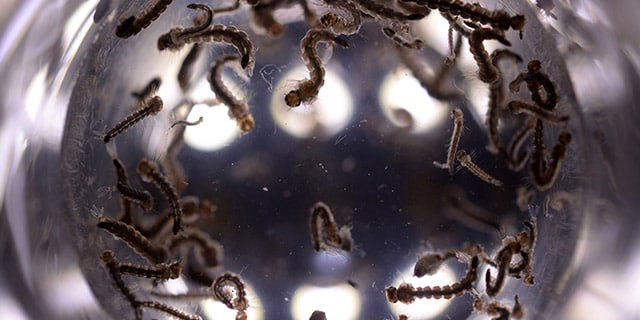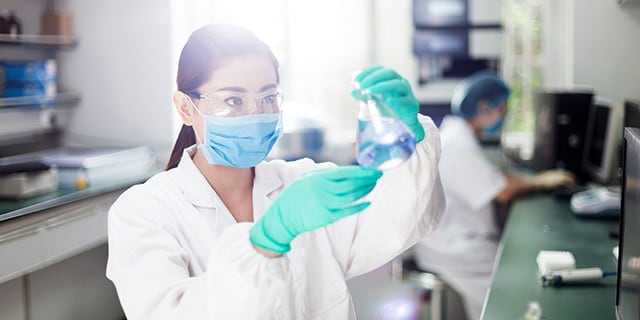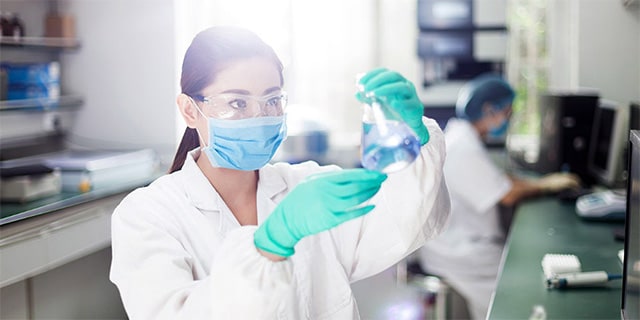How the Internet of (Medical) Things is Set to Transform Healthcare
How the Internet of (Medical) Things is Set to Transform Healthcare
More than just a health tracker or fitness accessory, that smartwatch around your wrist could save your life one day.
Transformational technologies, demographic shifts and changing consumption patterns are reshaping our collective future. This article is part of Future, Now, an ongoing series that looks at how such global trends and innovative technologies can build a better, smarter and more sustainable world.
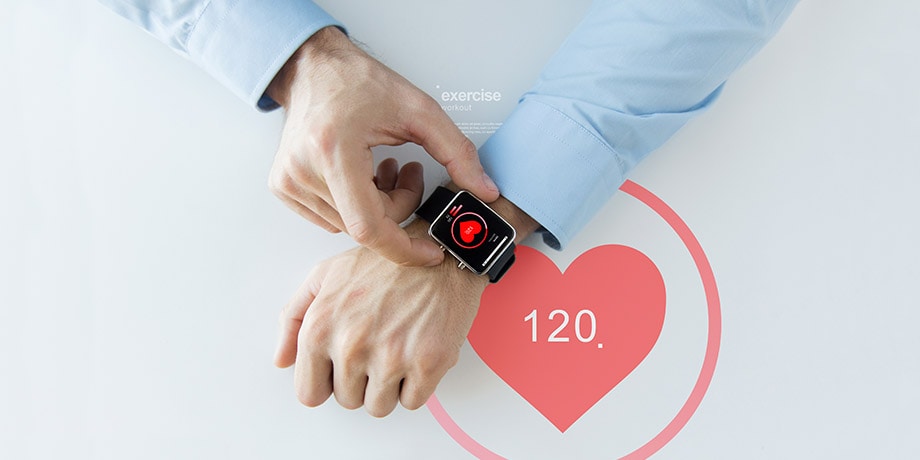
The doctor on your wrist: recent advances in biotechnology are enabling healthcare to deliver more targeted treatments and intervene in health management
If you lived in a city with a high incidence of fatalities due to house fires, and had the chance to fix the problem, what would you do — invent better fire trucks?
For Dr Andrew Conrad, biologist and Chief Executive Officer of biotech start-up Verily, Alphabet’s life sciences and healthcare arm, the answer is simple: install a smoke detector in every house to enable early detection and prevention of a fire.
“Having a smoke detector go off before a fire [even] starts is a much easier [situation to be in] than having to put out a fire,” he explains.
Verily develops tools and platforms to collect health data with the aim of detecting, improving the management of and, ultimately, preventing diseases. The company’s mission is reflective of an ongoing shift in healthcare — from a reactive “sick care” system that waits until people are ill before kicking into action, to a proactive and preemptive one.
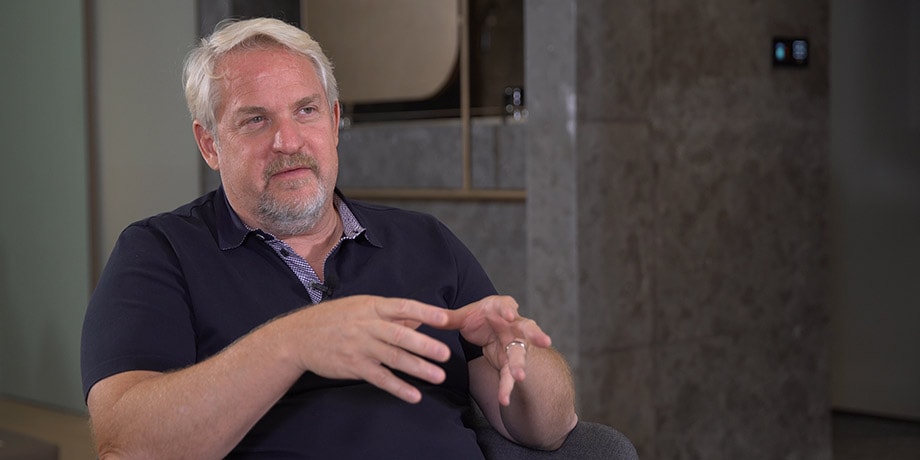
Dr Andrew Conrad, biologist and CEO of biotech start-up Verily
Proactive Healthcare — Why the Wait?
In the past, the healthcare sector adopted a reactive approach to patient care because the technology required to collect and make sense of vast amounts of health data simply wasn’t mature enough.
Take genetic sequencing. Recent leaps in biotechnology have enabled researchers to read patients’ genetic codes with advanced software at a much quicker and cheaper rate. Today, the world’s largest DNA sequencer company Illumina can map the entire human genome — a person’s complete set of genes — for US$1,000 in as little as one hour. This plays a key role in helping us to better predict, treat and prevent rare and chronic diseases.
Compare this to one of the earliest efforts to sequence the human genome: the groundbreaking Human Genome Project led by the US Department of Energy and National Institutes of Health from 1990 to 2003 cost about US$1 billion and took 13 years to complete.
Researchers can now sequence a whole genome for US$1,000 in as little as one hour
Doctor Data: Right Treatment, Right Patient, Right Time
With rapid advancements in healthcare technology and data tracking today, however, researchers may soon be able to predict, treat and even prevent the onset of chronic diseases.
All eyes are now on researchers from Verily, who have teamed up with camera maker Nikon to improve the screening process for diabetic retinopathy and diabetic macular edema — two leading causes of blindness in adults. Based on estimates from the World Health Organization, diabetic retinopathy alone accounted for vision loss in almost five million people worldwide in 2002.
To tackle these debilitating diseases, both companies are exploring the use of machine learning and retinal imaging technologies to detect these diabetic-related eye diseases in their early stages. Through earlier diagnosis and intervention, the technology could potentially prevent blindness for certain diabetic patients.
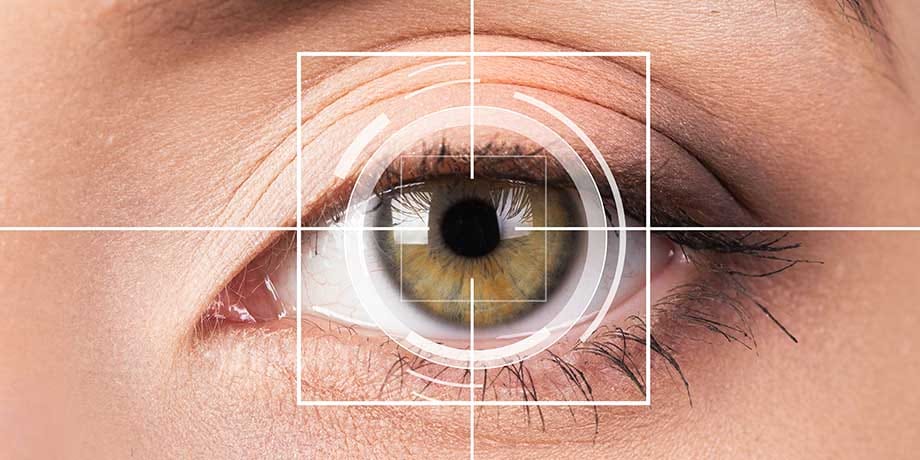
Do you see what “AI” see? Researchers from Verily and Nikon may soon be able to detect and stop vision loss in patients who exhibit early signs of diabetic retinopathy and diabetic macular edema
Bringing targeted treatment to complex and chronic diseases like cancer, biotech start-up SEngine Precision Medicine has developed a platform that can make personalised drug recommendations for 70 percent of cancer patients, up from 10 percent currently, by sequencing their DNA.
Known as precision medicine, this data-driven approach for disease treatment and prevention, tailored to the genes, environment and lifestyle of each individual, is already making headway in healthcare.
Cancer survivor Zach Witt, who was diagnosed with lymphoma at the age of five, is one such patient who has benefitted from precision medicine. The 14-year-old American experienced a cancer relapse while undergoing chemotherapy. Nevertheless, through genetic testing, his doctors were able to prescribe an experimental form of targeted therapy. Zach remains cancer-free to this day.
Cancer survivor Zach Witt is one such patient who has benefitted from precision medicine
With precision medicine, the hope is that we will one day be able to stop the development of chronic diseases in the nick of time.
“Those who test positive for a genetic risk [can take preemptive action by] engaging in enhanced screening, risk-reducing surgery or chemo prevention,” said cancer researcher Susan Vadaparampil in an interview with the American Cancer Society.
Self-Care: The Promise of Data-Driven Healthcare
Aside from improving the way that healthcare is delivered, data-driven technologies are also helping to promote proactive and preemptive patient care by placing healthcare in the palms of patients.
California-based start-up VitalConnect has developed a cutting-edge wearable biosensor that when attached to a patient’s chest is said to be able to detect deteriorations in a patient’s health and remotely alert doctors who can then intervene before it is too late.
Some hospitals have also started testing telehealth platforms that allow patients to undergo rehabilitation at their preferred time and place through the use of wearable sensors and remote monitoring by therapists.
These lightweight patches allow doctors to monitor a patient’s vitals — wherever they may be
The proliferation of wearable technology — by 2021, the total number of wearables shipped worldwide is estimated to double and hit more than 240 million, with smart watches leading the way — is poised to play a vital role in patient-centred preventive care.
And individuals like Katie Wilson, a 26-year-old entrepreneur from Texas, have already begun to see the benefits of these connected care technologies.
Says the Apple Watch user, “ I love being able to see how active I am and to [track] my heart rate throughout the day, especially when I’m stressed out, resting or [exercising]. I believe the smartwatch will be able to save people’s lives in the future. For example, if someone is having a heart attack, it will be able to detect and send the location of the person to 911.”
“The possibilities [of wearables] are endless. I can’t wait to see what comes from it!” adds Katie.
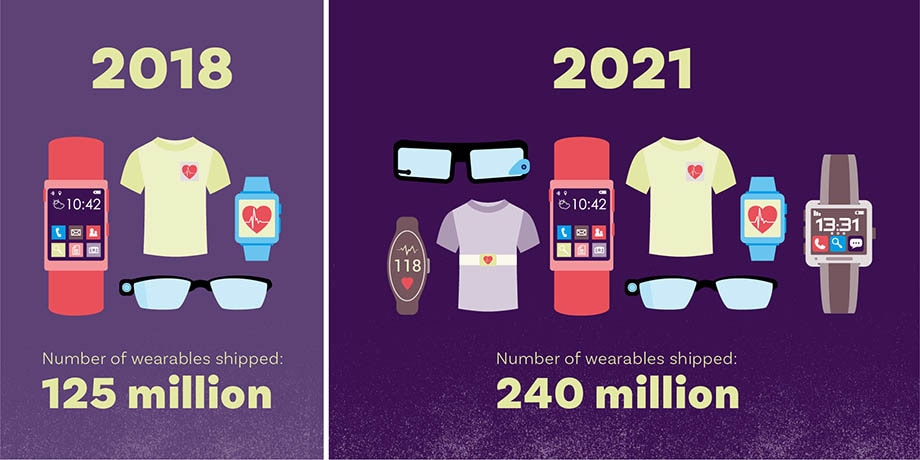
The wearable tech market is expected to double by 2021
Explaining the benefits of data-driven healthcare technology, Dr Conrad says that the amount of information collected, interpreted and applied through connected medical devices has the potential to transform healthcare delivery from reactionary care to preventive care.
“The long-term mission is to collect as much data as possible, organise the information and transmit them to [the patient or doctor]. This could lead to early detection, prevention and more precise interventions.”
Temasek is an investor in Verily.
